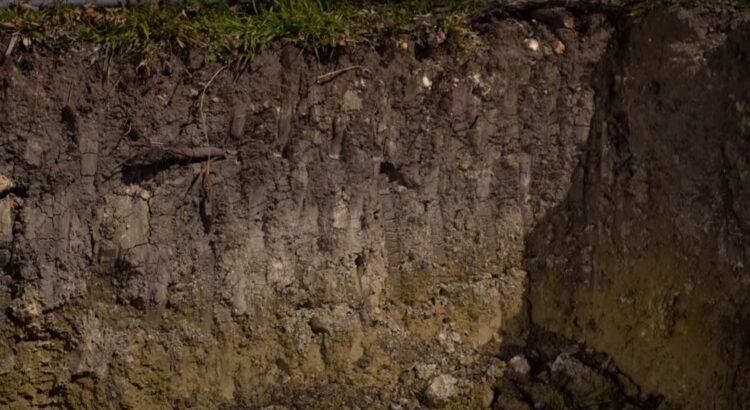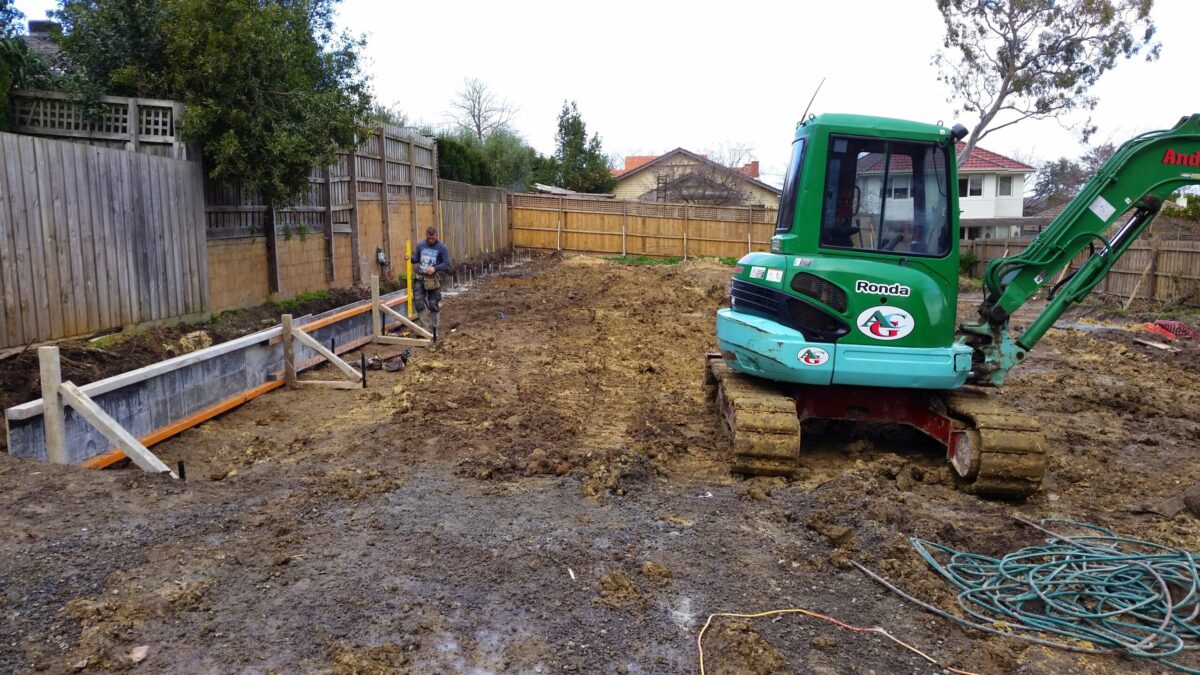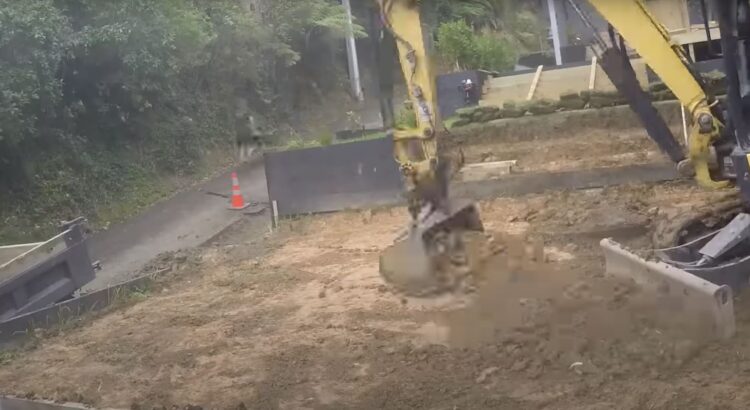Delving Deep: The Impact of Soil on Auckland’s Excavation Processes
Understanding Auckland’s Geographical Soil Diversity
When engaging in Earthmoving Auckland projects, a pivotal element under consideration is the diverse range of soil types. The unique characteristics of each soil type play a crucial role in dictating the excavation methods. For example, the clay-heavy composition in Ponsonby may demand different excavation strategies than the sandy terrains of Torbay.
Soil and its Environmental Ramifications
Every excavation operation inherently impacts the environment. In earthworks NZ discussions, professionals always highlight:
- Clay: While efficient in retaining water, it can influence the area’s natural drainage systems.
- Sand: Highly prone to erosion, potentially affecting adjacent zones.
Ensuring that these environmental effects are minimal is not only a matter of best practice but also aligns with Auckland’s regulatory standards, aiming to preserve the city’s natural charm.
The Safety Implications of Soil in Excavation
Safety always comes first in earthmoving services. Following the nz earthworks standards is paramount. Different soils pose unique challenges:
- Loose soils: Might necessitate shoring to prevent potential collapse.
- Hard soils: Could require more specialised equipment or techniques.
Moreover, Auckland’s diverse underground infrastructure, especially in areas like Ponsonby, makes safety more than just about the soil excavation. Every excavators Auckland initiative must align with local guidelines to guarantee the safety of the workforce and the residents.
Navigating the Terrain of Auckland’s Bylaws
The variety of Auckland’s landscapes means that specific suburbs, including Mission Bay, have distinct bylaws concerning excavation, especially given its coastal proximity. Familiarising oneself with these regulations is pivotal, particularly for newcomers to Auckland. These bylaws can influence the feasibility and approach to excavation projects.
Choosing the Right Earthmoving Professional for Auckland’s Terrain
Given the varied terrains across Auckland, the choice of an earthmoving contractor becomes essential. Such professionals are well-versed in the intricacies of local soils, ensuring effective and compliant excavation processes. Their expertise provides clarity and guidance on various aspects, from understanding the precise excavation requirements to answering fundamental questions like “What challenges do different soils present for Excavators Auckland?”
Earthmoving Auckland Soil type, Characteristics and Excavation Challenges
| Soil Type | Primary Characteristics | Common Excavation Challenges |
| Clay | High water retention | Drainage disruptions |
| Sand | Prone to erosion | Ensuring site stability |
| Loamy soil | Balanced texture | Minimal, versatile |
| Silt | Fine particles | Potential compaction |
Key Takeaways
- Auckland boasts a rich variety of soil types, each influencing excavation methods differently.
- The impact of excavation on the environment varies by soil type, with Auckland’s bylaws ensuring minimal negative effects.
- Safety remains paramount, with the nature of the soil presenting specific challenges to address.
- Knowledge of local regulations and bylaws is crucial, especially for areas with unique geographical considerations.
- Selecting a knowledgeable earthmoving contractor is vital for a smooth and compliant excavation process.
Understanding Excavation in Auckland: Frequently Asked Questions
How does soil type influence excavation methods in Auckland?
Different soils have unique characteristics. For example, clayey soil might retain more water, making it challenging to excavate during wet conditions, while sandy soil might be prone to collapse and require shoring or other support methods during excavation.
Why are some Auckland suburbs more challenging to excavate than others?
Suburbs have diverse terrains and soil compositions. Areas like Ponsonby, with its clay-heavy composition, might present different challenges than sandy terrains of Mission Bay. The presence of underground infrastructure or water tables also plays a role.
What environmental considerations come into play during excavation?
Each excavation operation impacts the environment, from affecting the natural drainage systems in clay-rich areas to potential erosion in sandy terrains. It’s crucial to adopt practices that minimize these environmental effects, aligning with Auckland’s regulatory standards.
How do Auckland’s bylaws impact the excavation process?
Different suburbs might have specific bylaws concerning excavation, especially if they are near coastal or heritage areas. Familiarising oneself with these regulations is essential, as they can influence the feasibility and approach to excavation projects.
What safety measures are essential during excavation in varied soil types?
Safety measures vary based on soil type. For instance, loose soils might require shoring to prevent collapse, while harder soils could necessitate specialized equipment. Additionally, understanding and following NZ earthworks standards is paramount.
Why is it important to choose a knowledgeable earthmoving contractor in Auckland?
Given Auckland’s varied terrains and the technical challenges they present, a knowledgeable contractor ensures that the excavation is effective, safe, and compliant with local guidelines.
Are there specific times of the year when excavation is more challenging in Auckland?
Yes, during the rainy season, certain soil types, like clay, become more challenging to excavate due to water retention. It’s advisable to consult with an expert regarding the best times for excavation based on the specific soil and project location.
How do I know if I need a permit for excavation in my Auckland suburb?
Permit requirements vary depending on the suburb and the scale of the project. It’s recommended to check with the Auckland council or consult with a local earthmoving contractor to understand the specific requirements for your area.
How does the presence of underground utilities affect excavation processes?
Underground utilities can pose significant risks during excavation. Before any excavation begins, it’s essential to identify and locate these utilities to avoid damages, which can be both dangerous and costly.
What are the potential environmental risks of excavation in sandy terrains like Mission Bay?
In sandy terrains, there’s a higher risk of erosion, which can affect adjacent zones. Moreover, sandy soils might not offer as much stability, requiring specific techniques to ensure the excavation site remains safe.


